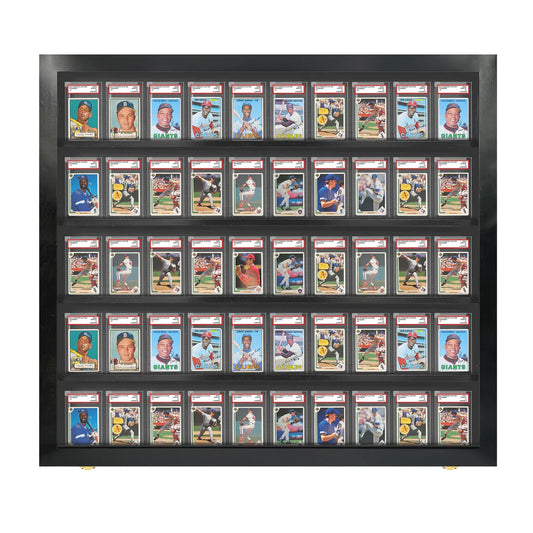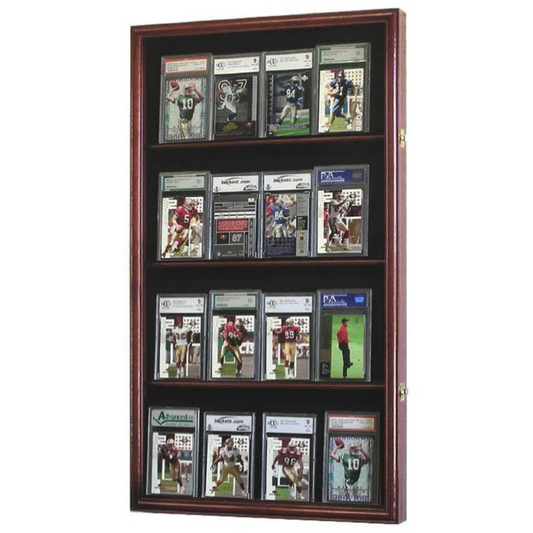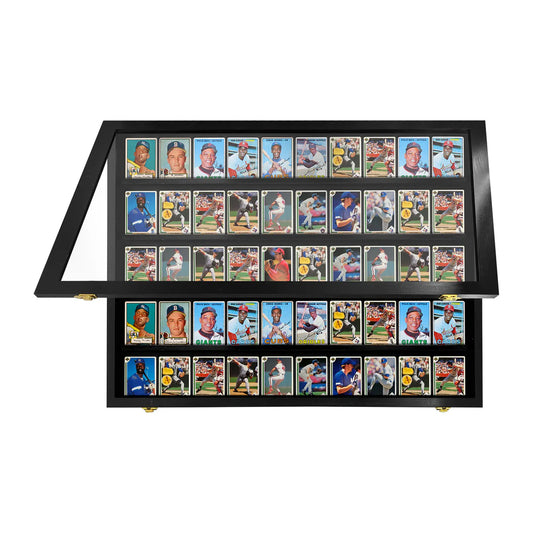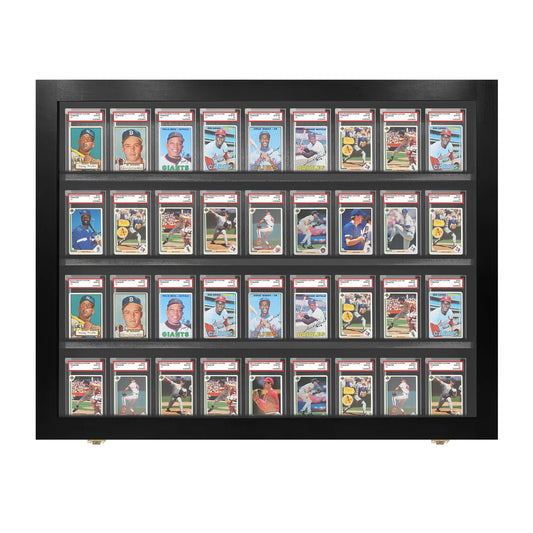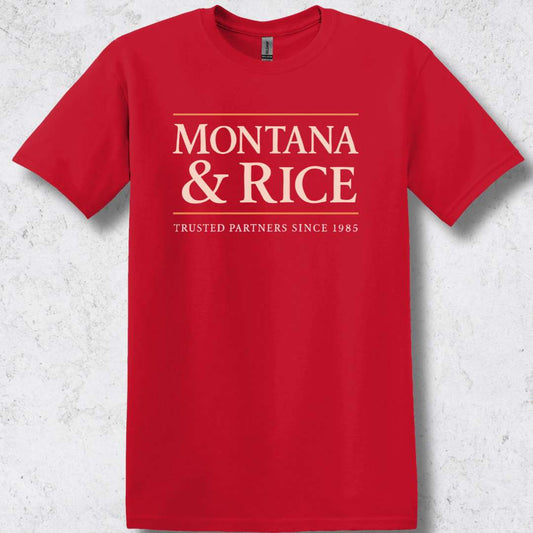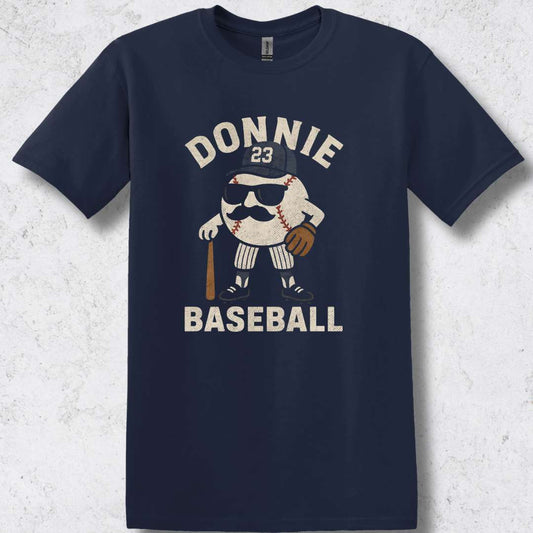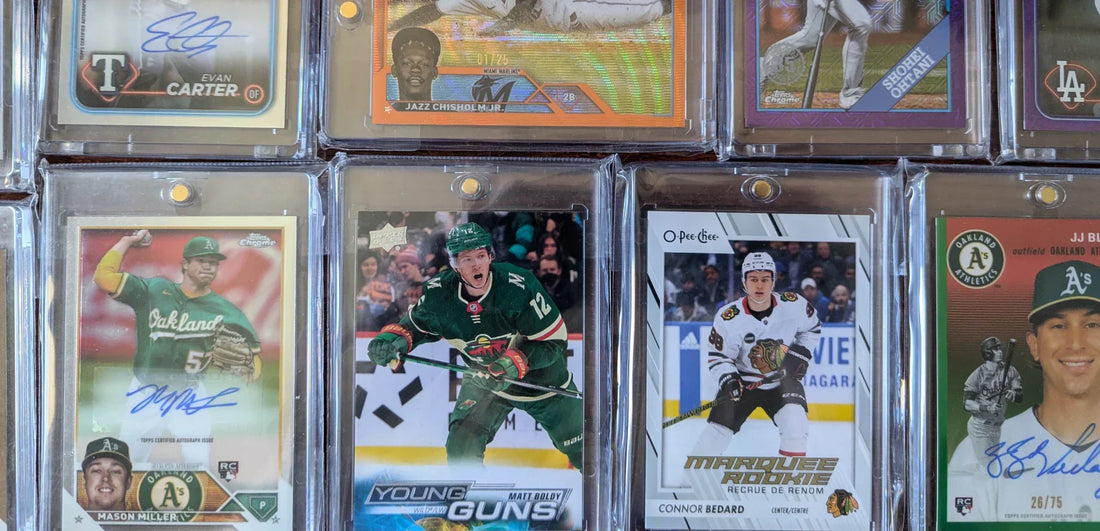
Key Factors to Look for When Buying Sports Cards
Sports card collecting has become an exciting and rewarding hobby for many enthusiasts. Whether you're a seasoned collector or just starting out, understanding what to look for when buying sports cards can help you make informed decisions and potentially valuable acquisitions. Below are the key factors to consider when purchasing sports cards.
1. Player Selection and Popularity
The value of a sports card heavily depends on the athlete featured. A few things to consider:
- Superstar Players: Cards featuring legendary athletes or rising stars often hold or appreciate in value.
- Rookie Cards: A player's first officially licensed card is usually the most sought-after and valuable.
- Future Potential: Investing in young prospects can be rewarding, but it carries risks as their careers are uncertain.
2. Card Condition and Grading
The condition of a sports card plays a significant role in determining its value. Consider the following:
- Surface Quality: Scratches, print lines, and centering issues can affect grading.
- Corner and Edge Sharpness: Well-preserved edges and sharp corners indicate minimal wear.
- Professional Grading: Companies like PSA, BGS, and SGC assign grades based on the card's overall condition. Higher-graded cards command premium prices.
3. Card Type and Special Features
Different types of sports cards exist, and some hold more value than others:
- Base Cards: Standard cards in a set, usually mass-produced.
- Parallel Cards: Variations of base cards with different colors, patterns, or numbering.
- Autographed Cards: Signed by the athlete, these are highly desirable and often limited in quantity.
- Relic Cards: Include pieces of game-worn jerseys, bats, or other memorabilia.
- Serial-Numbered Cards: Cards printed in limited runs (e.g., 1/50) are more valuable due to scarcity.
4. Brand and Set Considerations
Not all sports card brands are equal. Some brands have higher recognition and value:
- Topps: Well-known for baseball cards, especially vintage and flagship releases.
- Panini: Dominates the basketball and football card markets with Prizm, Select, and National Treasures.
- Upper Deck: Popular in hockey and known for premium releases.
- Bowman: Focuses on baseball prospects, making it essential for future-star collectors.
5. Market Trends and Demand
Sports card values fluctuate based on market trends. Consider:
- Recent Player Performance: A breakout season can dramatically increase card values.
- Championships and Awards: Winning MVPs, championships, or setting records boosts demand.
- Hype and Social Media: Influencers, sports analysts, and trading trends can impact card prices.
6. Authenticity and Avoiding Fakes
As the sports card market grows, counterfeit cards have become a concern. Protect yourself by:
- Buying from Reputable Sellers: Established dealers and marketplaces provide authenticity guarantees.
- Verifying Autographs: Ensure signed cards come with authentication from companies like PSA/DNA or Beckett.
7. Storage and Protection
To maintain the value of your sports cards, proper storage is essential:
- Penny Sleeves and Top Loaders: Basic protection to prevent surface damage.
- Magnetic Holders: Ideal for high-value or autographed cards.
- Graded Slabs: Encapsulated by grading companies to preserve condition and provide authentication.
Table Summary of Key Factors
Below is a table summarizing the key factors to consider when buying sports cards:
| Factor | Description |
|---|---|
| Player Selection | Superstar players and rookie cards hold long-term value. |
| Card Condition | Surface quality, corners, and grading impact value. |
| Card Type | Includes base, parallel, autographed, relic, and serial-numbered cards. |
| Brand | Recognized brands like Topps, Panini, and Upper Deck matter. |
| Market Trends | Player performance, championships, and hype influence prices. |
| Authenticity | Buying from reputable sellers helps avoid counterfeit cards. |
| Storage | Proper protection, such as sleeves and graded slabs, preserves value. |
Conclusion
Buying sports cards requires knowledge and careful consideration. By focusing on player selection, condition, special features, and market trends, you can make smart collecting decisions and build a valuable collection. Whether you're investing or collecting for fun, understanding these key factors will help you navigate the dynamic world of sports cards successfully.
Looking for premium sports card holders? Check out Display Zone for top-quality storage and display solutions!



